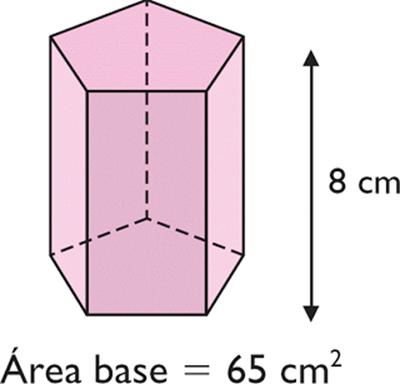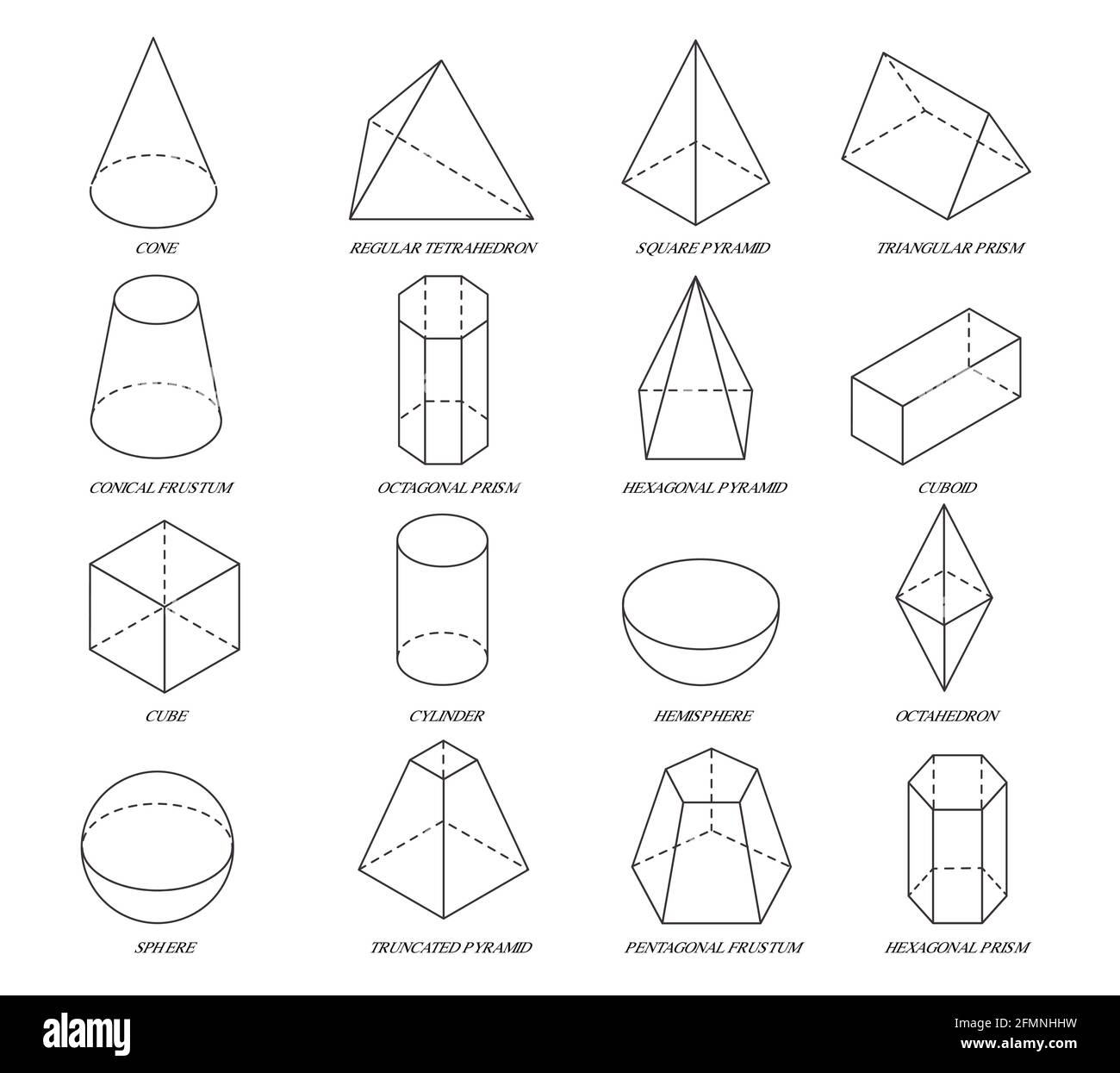Prisma Access (Panorama Managed) 1.7 enables you to use the exciting capabilities introduced with PAN-OS 9.1. In addition, the highlights in this release include: Enhancement to forward internet-directed traffic through service connections for remote network and mobile user deployments. Ability to choose the GlobalProtect App version for mobile. About Press Copyright Contact us Creators Advertise Developers Terms Privacy Policy & Safety How YouTube works Test new features Press Copyright Contact us Creators. Mar 29, 2021 The Preferred Reporting Items for Systematic reviews and Meta-Analyses (PRISMA) statement, published in 2009, was designed to help systematic reviewers transparently report why the review was done, what the authors did, and what they found. Over the past decade, advances in systematic review methodology and terminology have necessitated an update to the guideline. The PRISMA 2020 statement. Prisma is an open digital advertising management platform, powering every aspect of the media lifecycle and enabling agencies to effectively run campaigns across all channels. The Atlas integration follows Prisma's launching of Avails in 2014, enabling agencies to transact premium automated digital inventory at approved client and agency level. Promogran Prisma Matrix is a dressing that absorbs drainage and contains a low level of silver that aids in killing bacteria 1. This dressing reacts with the drainage in the wound to form a gel which provides a moist wound-healing environment.
Dear Editor,
In Turkish Otorhinolaryngology publications reviews are often written in the form of an account, and systematic reviews and meta analyses are rarely performed (–). A systematic approach to a review, however, will minimize bias and maximize its contribution to science. Including meta-analysis in a review will carry the publication to the highest level of evidence. This will also significantly increase the citability of the report.
As the Turkish Archives of Otorhinolaryngology is the scientific open access journal of our society, this scientific letter aims to reach our colleagues who plan on writing reviews in the field of otorhinolaryngology with the use of PRISMA guidelines for the purpose of standardizing systematic review writing.
According to the common opinion, a review type article is the interpretation, synthesis and assessment of the scientific reports and studies printed in scientific publications by authors experienced in the area (5). Reviews written with an analogous approach cannot go beyond an account of what has been already done: They cover a wide range of topics within a given subject; may be useful in understanding new concepts, but are rarely comprehensive; rarely give details about the methods; are likely to be written in line with the opinions of the author; quality differences between the studies are rarely considered; and as a result, can be misinterpreted and lead to inadvertent bias.
To avoid these issues in systematic review writing, the Preferred Reporting Items for Systematic Reviews and Meta-Analyses (PRISMA) group, which mainly consists of Cochrane authors, has developed the PRISMA guidelines in 2009 (). A systematic review will extensively scan all reports published on the subject to find the answers to a clearly defined research question, and to that end will use various inclusion and exclusion criteria to identify the reports to be included in the review, and then synthesize the findings. Using statistical methods for the interpretation of the results implies a systematic review containing meta-analysis ().
The PRISMA guidelines consist of a four-phase flow diagram and a 27-item checklist. The flow diagram describes the identification, screening, eligibility and inclusion criteria of the reports that fall under the scope of a review. The checklist includes a 27-item recommendation list on topics such as title, abstract, introduction, methods, results, discussion and financing. With this flow diagram and checklist, PRISMA items serve as a guide for authors, reviewers and editors.
PRISMA extensions can be reached at their website: www.prisma-statement.org (7). The Turkish translations of the flow diagram and the checklist can also be found here. The website also includes a scientific report authored by the PRISMA group that gives examples to a systematic review in line with the guidelines, as well as detailed explanations and descriptions (). All content related to the PRISMA guidelines are open access for the purposes of disseminating its utilization.
Full compliance with the checklist items will facilitate clarity and transparency in reporting; and thereby enable a structured report that well-defines the study question, clearly states its title and objectives, benefits from a comprehensive strategy for identifying all relevant study reports, clearly and justifiably indicates inclusion and exclusion criteria, critically and accurately prioritizes the reviewed study reports, provides a clear analysis of the eligible study reports based on qualitative and—where applicable in relation to the data—quantitative (meta-analysis) content.
As stated in the ‘Instructions for Authors’ page of your journal, the PRISMA items are the recommended reporting method to be adopted in order to avoid the basic mistakes in systematic review and meta-analysis reports. I believe that wider adoption of these guidelines in our country will significantly contribute to the otorhinolaryngology reports published in Turkey.
Acknowledgements
I would like to thank Prof. Cenk Ecevit, MD for raising my awareness on this issue, hence causing me to write this scientific letter.

Footnotes
This study was presented at the A to Z Scientific Study Planning, Writing and Publishing Processes Meeting in Health Sciences, January 9 2019, Sivas, Turkey.
Peer-review: Externally peer-reviewed.
Conflict of Interest: The author has no conflicts of interest to declare.
Financial Disclosure: The author declared that this study has received no financial support.
References


